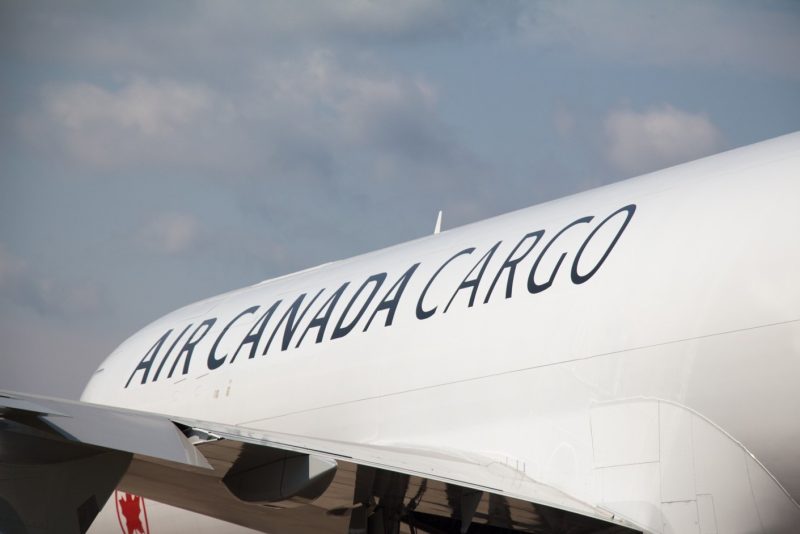Cargo Revenue Pressures Lead Air Canada to Reduce Freight Fleet Expansion Plans
Air Canada has dropped plans to convert a further two Boeing 767 aircraft into freighters.
The Montreal-headquartered airline had been planning to operate a fleet of 10 767 freighters but this has now been reduced to eight.
“Air Canada has amended its freighter capacity plans and removed two Boeing 767 freighters from 2024 and 2025 to adjust the freighter fleet to market conditions,” the airline said in its first-quarter report.
“This capacity adjustment decision resulted in a one-time operating expense of $20m recorded under other expenses in the first quarter of 2024.”
Air Canada took delivery of its eighth 767 freighter in the first quarter of this year. Six of the aircraft are converted and two are newbuilds.
The move comes as cargo revenues at the airline have been coming under pressure over the last year.
The carrier yesterday announced a 9% year-on-year decline in first-quarter cargo revenues to C$215m.
Increases in its domestic, US transborder and Pacific cargo revenues were not enough to offset a 28.7% decline in its Atlantic cargo revenues to $84m.
Meanwhile, Air Canada’s full-year 2023 cargo revenues declined 27% year on year due to reduced air cargo demand and a loss of capacity in the form of temporary passenger freighters (preighters).
It is not the first time the Canadian airline has backed out of plans to expand its freighter fleet. In September last year, the airline cancelled an order for two newbuild Boeing 777 freighters.
It is not the only Canadian carrier to have reduced plans to expand its freighter fleet as the cargo market cools. Earlier this year, Cargojet ditched plans to convert four 777s into freighters in a bid to safeguard its business against continuing soft air cargo demand.
The decision, announced in a January 15 fleet update, was a major step away from its original plans to convert eight 777s (four -200s and four -300s).










